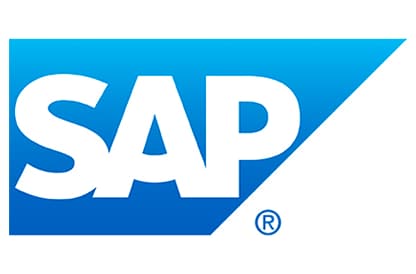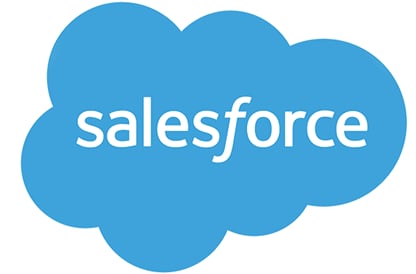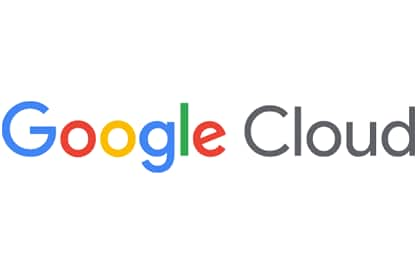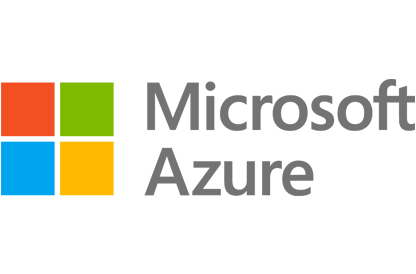OpenText solutions—delivered by ASSET—will play a key role in Egypt’s e-government transformation. We look forward to continuing our collaboration to enhance services for citizens and businesses across the country.
Paper processes reduce responsiveness
MCIT offers a wide range of services to other government departments, including deploying IT platforms, issuing digital devices, launching new websites, and more. To request these services, government employees previously filled out paper forms, which were mailed and routed internally to the appropriate MCIT department for action—a time-consuming approach that drove up costs and complicated data governance and regulatory compliance processes.
To solve these challenges, one of the first deliverables of the Digital Egypt program will be an online catalog of MCIT services, which will make it easier for stakeholders to initiate and track service requests. To enable the new workflows, the ministry first aimed to replace paper forms with digital documents.
“Manual processes—including printing, mailing, and storing paper—were driving up costs and consuming our employees’ most valuable resource: time,” explains Dr. Osman. “To enable automation, we targeted an enterprise content management [ECM] solution. We were looking for one platform with the security, scalability and performance to support MCIT, and eventually the whole Egyptian government.”
Partnering with an expert team
Early in the project, the COVID-19 pandemic began to sweep around the world. With national lockdowns forcing many government employees to work remotely, MCIT knew that enabling digital processes would be critical to help maintain service continuity. To accelerate its transformation, the ministry looked for the support of an expert partner.
After a thorough evaluation of proposals from leading vendors, MCIT selected ECM specialist ASSET to build a central, secure and scalable document management platform. Powered by OpenText Extended ECM Platform and ASSET solutions for document capture and correspondence management, the solution also includes OpenText AppWorks—a low-code platform for building automated business processes.
“We were very impressed by ASSET’s successful track-record in large and complex ECM projects for other governments in the region,” comments Dr. Osman. “By combining their customdeveloped ARROW Correspondence Management System with the cutting-edge OpenText Extended ECM Platform, ASSET proposed a solution that met all our technical and operational requirements. We can now incorporate documents from all channels—paper and digital—and manage them according to standardized, digital workflows.”
Building a whole-of-government ECM platform
Working with ASSET, MCIT created a unified document taxonomy comprising more than 100 document types, designed to support all use cases at MCIT and at all other government ministries and departments. The solution includes a custom process for document capture, with scanning and barcoding to link paper documents to digital records, as well as advanced search and reporting capabilities.
MCIT architected the OpenText and ASSET solutions to act as a central, multi-tenant data repository, with Microsoft Active Directory to enable identity and access management. In the future, Extended ECM is intended to become the single document repository for the entire Egyptian government. Hosted a brand-new government data center in Egypt, the platform will lay the foundation for automated, data-driven services.
“As part of the ongoing digital transformation effort, the government is constructing two data centers at the New Administrative Capital: a new city founded under the Egypt Vision 2030 plan,” explains Dr. Osman. “Once completed, we will migrate the OpenText and ASSET solutions to the new data centers and begin migrating other ministries to the platform.”
“Thanks to granular business rules in Extended ECM, we have the assurance that no ministry can access data from other domains without authorization. And using a batch import solution developed by ASSET, we can also digitize the massive volumes of paper documents archived across all government ministries rapidly and cost-effectively.”






 Egypt MCIT
Egypt MCIT

